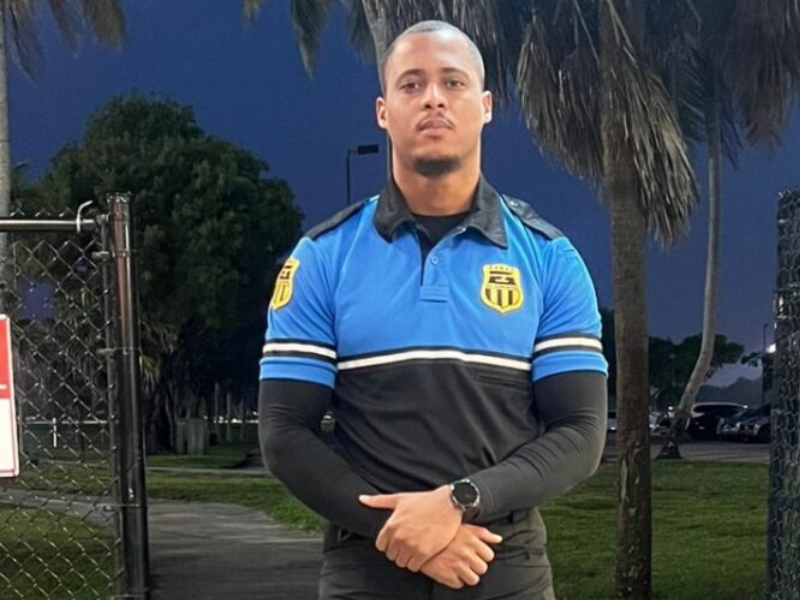
A bouncer (often known as a doorman or supervisor, in Britain sometimes called “chucker-out”) is a type of security guard found at venues like bars, nightclubs, cabaret clubs, strip clubs, casinos, hotels, billiard halls restaurants sporting events or concerts.
A bouncer’s job responsibilities involve providing security by upholding legal drinking age regulations, barring intoxicated persons from entry, and dealing with aggressive behaviour or noncompliance with establishment rules or statutes. They are civilian employees hired directly by venues instead of through security companies.
Bouncers are frequently utilized by bars and clubs to prevent potential arguments or fights from breaking out into physical fights, or to deter criminal gang activity or violence from invading nightclubs and bars. Furthermore, clubs that utilize bouncers often employ them for “face control”, controlling who enters. According to US statistics, bar industry losses caused by civil liability related to bouncer force usage have the highest avoidable costs among preventable losses in America.
Bouncers often end up in court over allegations of excessive force used when working. Many countries, meanwhile, have taken measures to professionalize this industry by mandating training courses, licensing requirements and criminal background checks before commencing employment as a bouncer.
Hire A Bouncer To Protect Your Club
Bouncer monitors a club or venue to “detect, report and correct any condition inside/outside the club” which could lead to injuries of patrons, staff or damage to the club or its equipment. With the responsibility of communicating information in the club, bouncers are in a key role within the club (e.g., regarding injuries, size of crowd outside, capacity of venue, incidents, etc.).
Bouncers control crowds by explaining club policies and procedures (by asking people not to block entrances, exits, stairwells, and other high-traffic areas). Bouncers provide first aid if someone is injured at the nightclub.
In a large nightclub, the bouncers are a part of a security team that includes friskers, surveillance staff, a doorman, and floor men. All of these security staff report to a chief of security, who in turn reports to the general manager, ensuring well-coordinated Event Security Services throughout the venue.
Bouncer Stereotypes
Even though bouncers often portray themselves as tough guys, being an effective one requires more than physical traits like strength and size; They should also have social skills such as talking to people (and reminding them of the rules of the place) while some believe that a “tough guy” mentality who boasts about his arms has a greater potential to start a fight with patrons than someone who greets patrons with a warm “hello”.
An aggressive personality will help reduce the physical interventions required, while being sensitive to guests can prevent them from being easily provoked. Bouncers should constantly be aware of the crowd and individuals to detect early warning signs that may indicate a potential confrontation with patrons. monitor interactions for indications that may escalate into conflict.
Professional Bouncers
Bouncers must have exceptional written communication skills as they must record incidents in an incident log or report form to protect both themselves and their employer/employee from criminal prosecution or lawsuits. Employee incident records could help keep these charges or lawsuits away completely.
Bouncers should always act courteously at any event, especially in larger clubs where multiple bouncers work as part of a team.therefore they rely on radios for staying in contact and communicating between inside and outside areas of a club.
Contact us for Executive Security Protection Services, Today!

